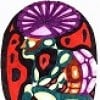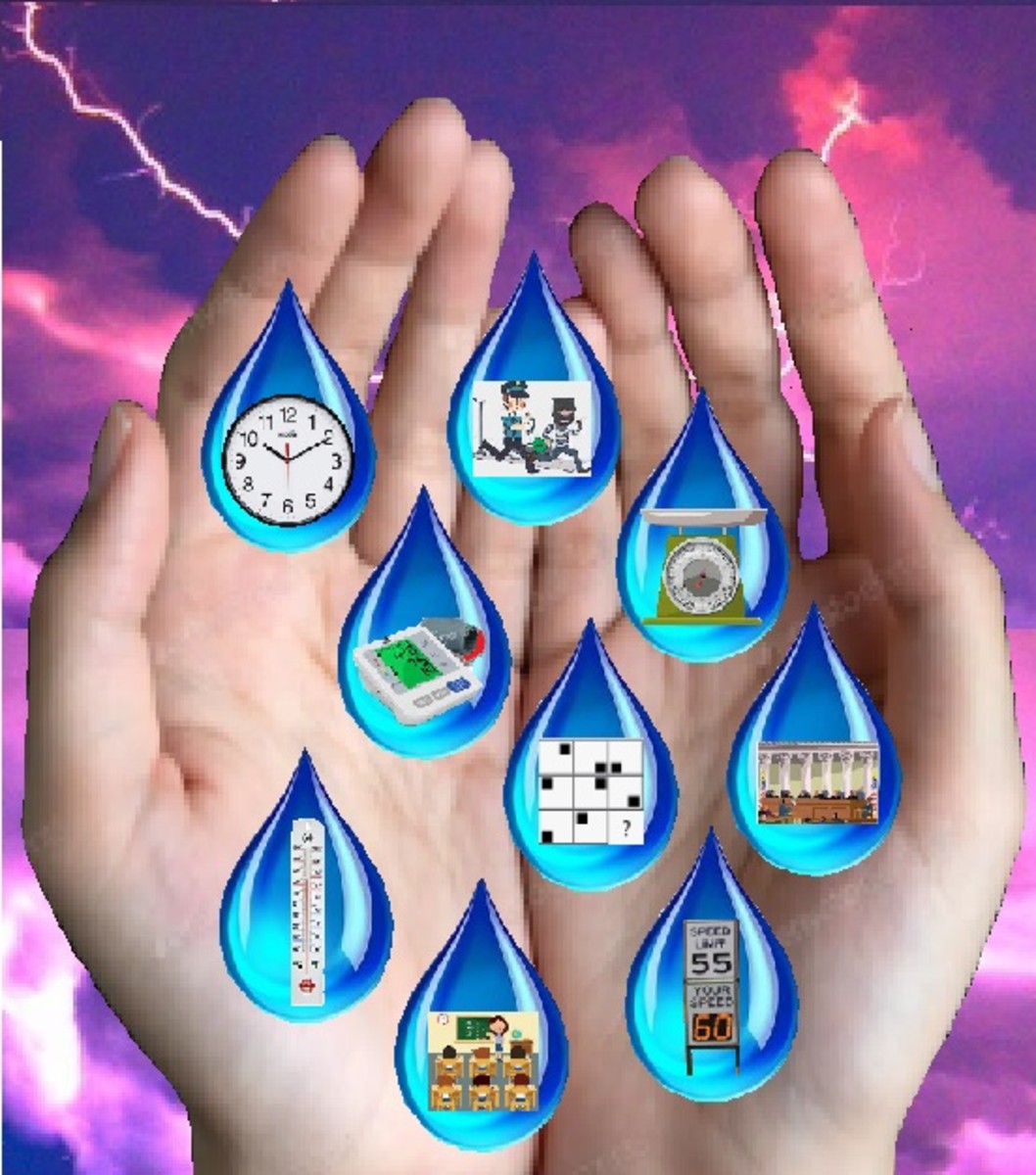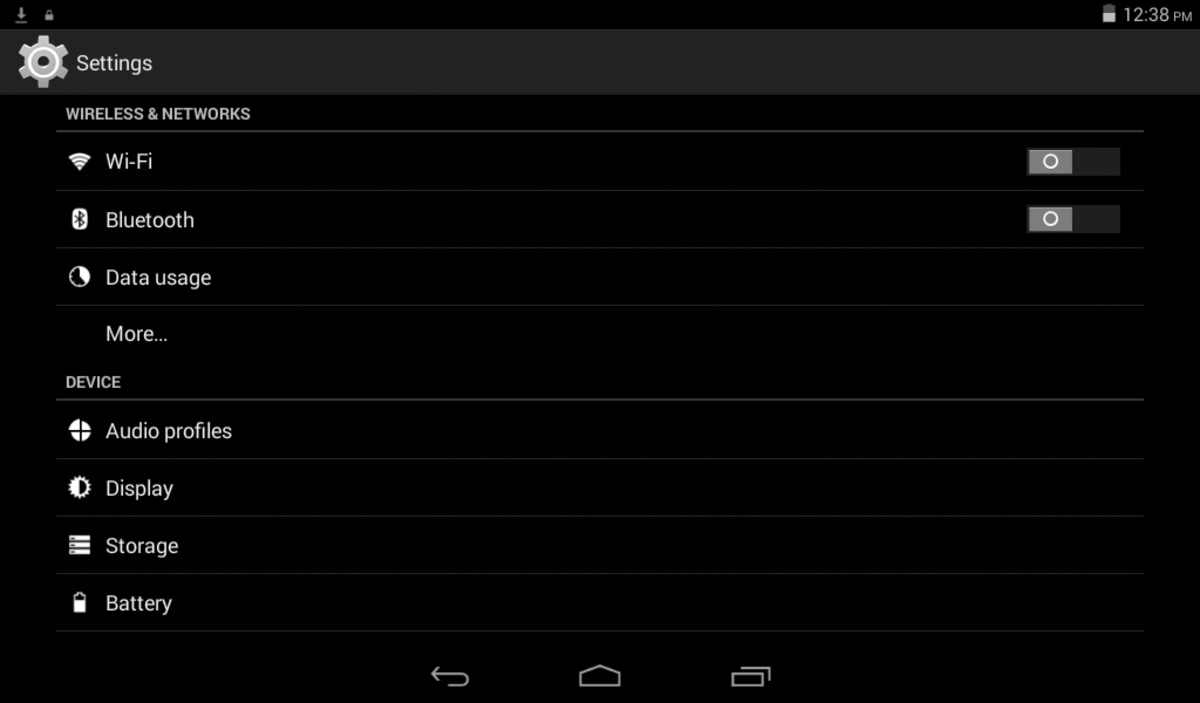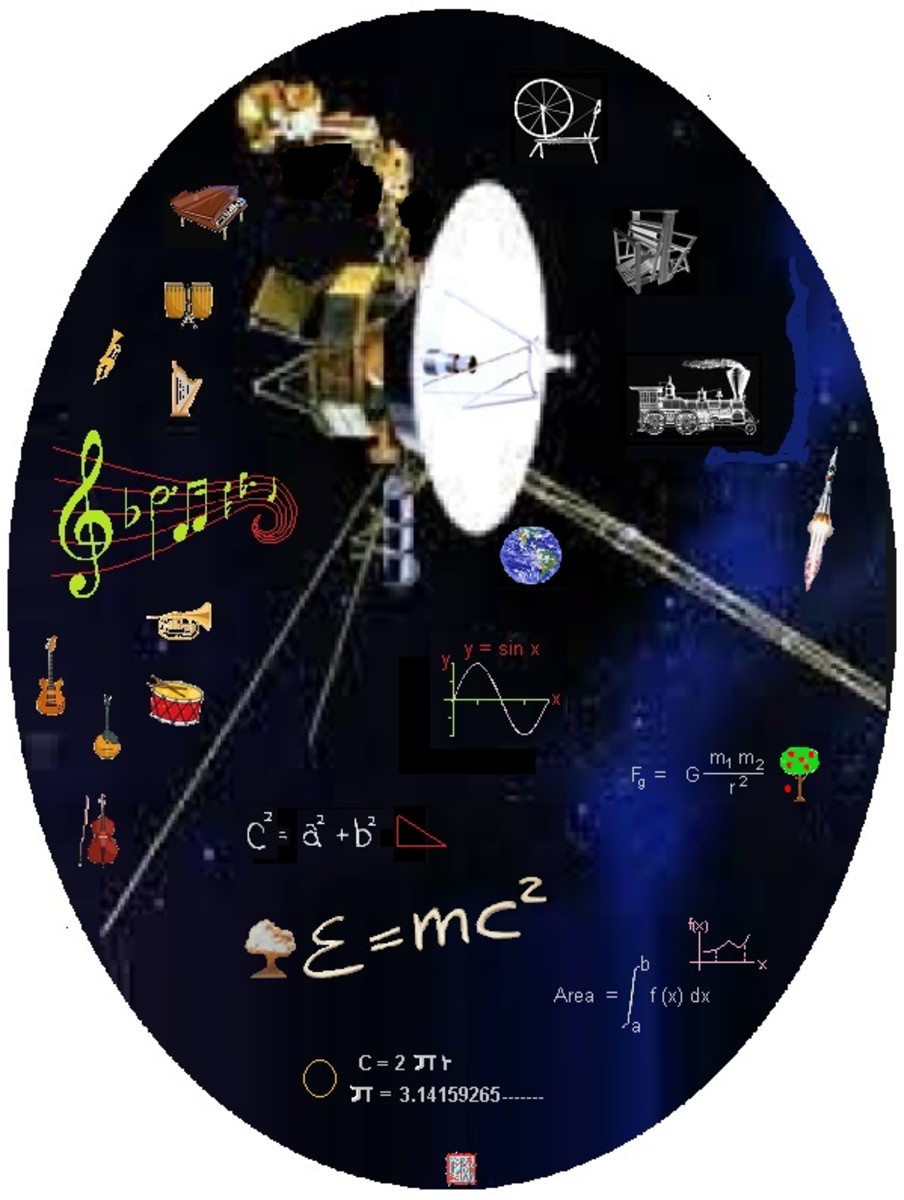Sharing
From the dawn of humanity, we instinctively knew that by staying together and sharing our resources, we would have a better chance to survive the hostile environment where life flourished and distinguished in equal abundance. By sharing our unique mental and physical capabilities, our population had grown in size from group to village, town, city, and to nation. Our collective efforts have enables us to build a man-made world where our living standard is constantly being improved and expanded, where our knowledge about how Nature works is growing leaps and bounds, where dreams can become true and imaginations can become a reality. We rely on:
-
Language to share feelings and ideas verbally,
-
Books to share our experience and knowledge,
-
Computer to store, sort, and study information from all the meaningful books, and
-
Internet that uses electronic network to connect computers around the world allowing information to be shared by anyone, in anytime, and from anywhere.
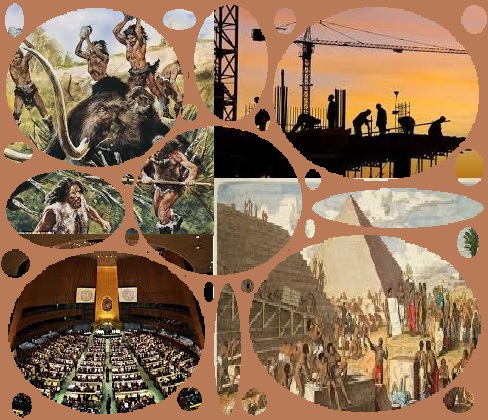
Language
We started with facial expressions and hand gestures, then with drawings of the objects from the surroundings. It was not until the drawings were simplified into symbols and unique sound was assigned to each symbol that our language was born. In time, our vocabulary has included not only the things in the physical world but also the intangibles in the world of the abstraction like music, art, and imagination. Today, we can use the language to share our feelings, ideas, and accomplishments with little ambiguity and in great details. As soon as a person is born, one is taught how to speak the language. Presently, there are 8 popular, distinct, and unique languages being used around different parts of the world on a daily basis. Without language, sharing will be difficult and the development of our 7000 years old civilization will be impossible.
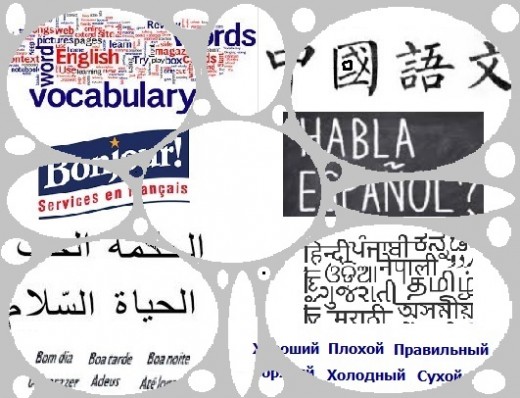
Book
From the crude drawings on the cave walls, we get an idea how people hunted and how the animals looked like tens of thousands years ago. From the complex symbols carved into the stones, the papyrus and the bamboo stripes, we have a glimpse into the social and economical lives of people who lived several thousand years ago. It was not until the invention of paper 2000 years ago that made writing as easy as talking and ushered the arrival of the book. With book, we can document ideas, events, and accomplishments with perspective, objectivity, and careful thought process. In the library, we find books mostly written by the average Joe on subject matters ranging from romance, adventure, horror, science, philosophy, to religion. Only a lucky few can make a living by writing books. Most of the endeavors are due to the desire to share life experiences. Through the books, we can understand how our civilization started, what it is doing, and where it is going.
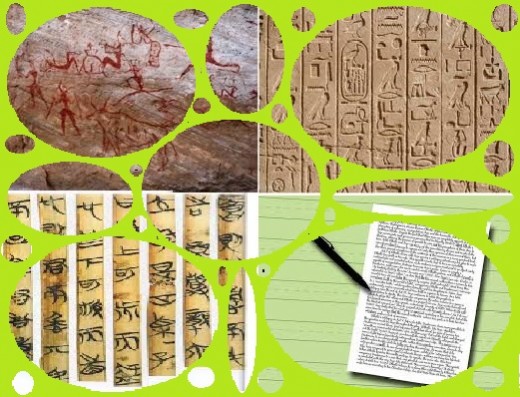
Computer
The computer was invented only recently around 1950. It is an automaton that can be programmed to perform many functions. It was designed primary to process information in lightning fast speed. Over times, due to the constant advancement in solid state electronic technology, the computer has become smaller and smaller in size, can process more and more information in increasing complexity, and is able to store larger and larger amount of data. As a result, all the books in the library can be categorized, summarized, and localized by a computer. A person visiting the library can find out which and where book or books that contain the relevant information on the given subject on a computer. The computer has made typewriter obsolete and made writing, editing, and saving one’s work in all its revisions a simple and straightforward task.
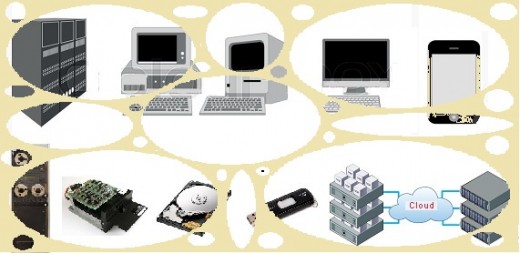
Internet
The Internet had its origin in the Local Area Network that was invented in the 1960s to enable computers in close vicinity to communicate with one another. Due to advancement in technology, it was not long till a simple and reliable international network (Internet) was developed to connect any computer from anywhere in the world together. Any person from any place can use a personal computer to gain access to the Internet to send, receive and retrive information from computers on the network that is operational 24/7/365. The Internet is the ultimate medium in information sharing. Any major economic, social, and political happenings and scientific discovery are instantly available online to be digested by any interested party. Anybody can also post one’s idea, feeling, and accomplishment on any subject online for anyone to view and comment. Good information will be spread like wild fire, bad information will be criticized, useful information will be put in good use, and meaningless information will be ignored.
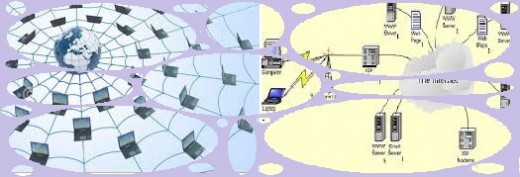
EAT
Our desire of sharing has brought us language, book, computer, and Internet that in term have transformed our life from hunting, farming, educational establishment, industrial revolution, car, airplane, to satellite and outer space exploration. Our population has increased from a handful to a 7 billion strong. Along the journey of our 7 thousand years of civilization, countless human lives perished and immeasurable properties ruined due to quarrels between people, territory disputes among nations, homicide, genocide, and just outright discrimination based on color, race, and gender. But, we are always able to pick up the pieces and build a better world. We learn that:
-
Sharing our feelings and thinking promotes understanding and peaceful coexistence,
-
Sharing our resources on the land through commence under rules and regulations encourage innovations and constructions instead of resentments and destructions,
-
Sharing our knowledge on who, what, and why we are lead us to realize that everyone plays an important role in life. EAT – Embrace, Appreciate, and Tolerate – is the key to our ling tern survival.

